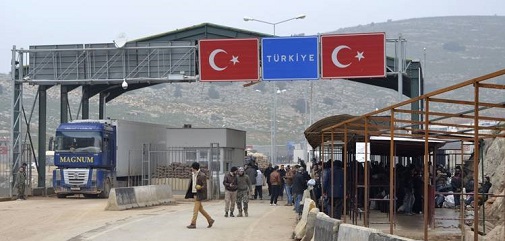EU-Turkish border-agreement has potential of increasing aid to refugees (in Danish)

EU-Turkish border-agreement has potential of increasing aid to refugees, but also of more migrant rights violations, and legitimizing the worrying destabilization in Turkey, says AMIS affiliate Martin Lemberg-Pedersen.
In radio, tv and printed media, Dr. Lemberg-Pedersen discusses the recent EU-Turkish agreement on a common framework addressing the Syrian refugee flows. He says that while European media and leaders have predictably labelled the deal "historic", and the decision to financially support refugee structures, health and education in Turkey is of crucial importance, several issues remain.
Firstly, how will Turkey stop the flows of refugees from sailing to Greece whilst simultaneously respecting human rights? Yesterday a Greek vessel rammed a refugee boat leading to the drowning of 4 children and 3 adults. Surely it is not this kind of exit control the EU desires?
Secondly, will the EU begin to launch mass deportations of irregular immigrants back to Turkey at a time when the country already has more than 2 million refugees, and is likely to receive many more from Iraq and Syria?
Thirdly, the Turkish AKP party government's legitimacy is at an all-time low among the Turkish population, whose mind is not on refugees, but is rather traumatized from what is perceived as a collapsing democracy blamed on AKParty. The brutal bombings of peaceful, left-wing and pro-Kurdish demonstrations criticizing AKP's conflictual and war-pushing policies, first in Suruç during the summer, and last week in the Turkish capital of Ankara has caused accusations of collaboration between AKP and ISIL.
Yet, instead of waiting two weeks for the very problematic Turkish parliamentary elections to be held, the EU has chosen to seal the deal with the government right now, thus granting the AKP government unprecedented international legitimacy.
Hear the radio programme here (P1 Orientering).
